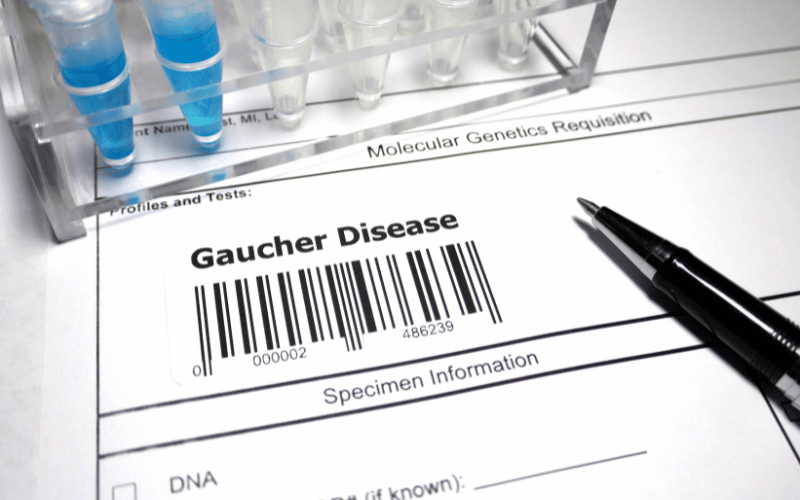Introduction: Gaucher Disease in the Spotlight

Although Gaucher disease is a rare genetic disorder, its impact on the lives of those affected is anything but insignificant. This condition, known to affect various bodily systems, presents a slew of symptoms that may be initially perplexing due to their broad range and diverse nature. However, understanding these symptoms can prove instrumental in early detection and intervention, potentially changing the life course of those living with Gaucher disease.
At its core, Gaucher disease arises due to the deficiency of an enzyme known as glucocerebrosidase, leading to an accumulation of fatty substances in different organs. This accrual can disrupt normal organ function, leading to the various symptoms observed in the condition. There are three types of Gaucher disease, each varying in severity and symptoms. Types 2 and 3, for example, often affect the central nervous system, leading to neurological symptoms.
Given the genetic nature of the disease, it predominantly affects those with a family history of the condition. But that doesn’t diminish the importance of understanding its symptoms, even for those without an apparent genetic link. Increased awareness promotes early detection, not just for potential patients but also among healthcare professionals who may encounter the condition in their practice.
The objective here is to shed light on the ten most indicative symptoms of Gaucher disease. Each symptom will be explored in depth, providing a broad understanding of how the disease manifests and the impact it has on the body. By the end of this discourse, it is hoped that the reader will not only be familiar with Gaucher disease but also be better equipped to recognize its signs, thus facilitating timely intervention.
1. Fatigue and Energy Depletion: A Drain on Vitality

One of the most commonly reported symptoms of Gaucher disease is a profound and inexplicable sense of fatigue. Patients often report feeling an enduring exhaustion that doesn’t improve with rest, drastically impinging on their daily activities and quality of life. This isn’t simply the tiredness one might experience after a strenuous day or lack of sleep, but a profound energy depletion that makes it difficult to carry out even basic tasks.
This chronic fatigue can be traced back to the anemia often associated with Gaucher disease. As the disease disrupts the normal production of blood cells, there is a reduction in healthy red blood cells, which are critical in delivering oxygen to various tissues and organs in the body. When the body doesn’t receive the oxygen it needs, it translates into feelings of constant weariness and reduced energy.
It’s also worth noting that fatigue, being a subjective symptom, can vary from one individual to another. Some people may feel a mild and manageable drop in their energy levels, while others may experience extreme fatigue that hampers their ability to perform everyday tasks. This difference is often a reflection of the severity of anemia, emphasizing the importance of seeking medical attention when one experiences unusual and unrelenting tiredness. (1)